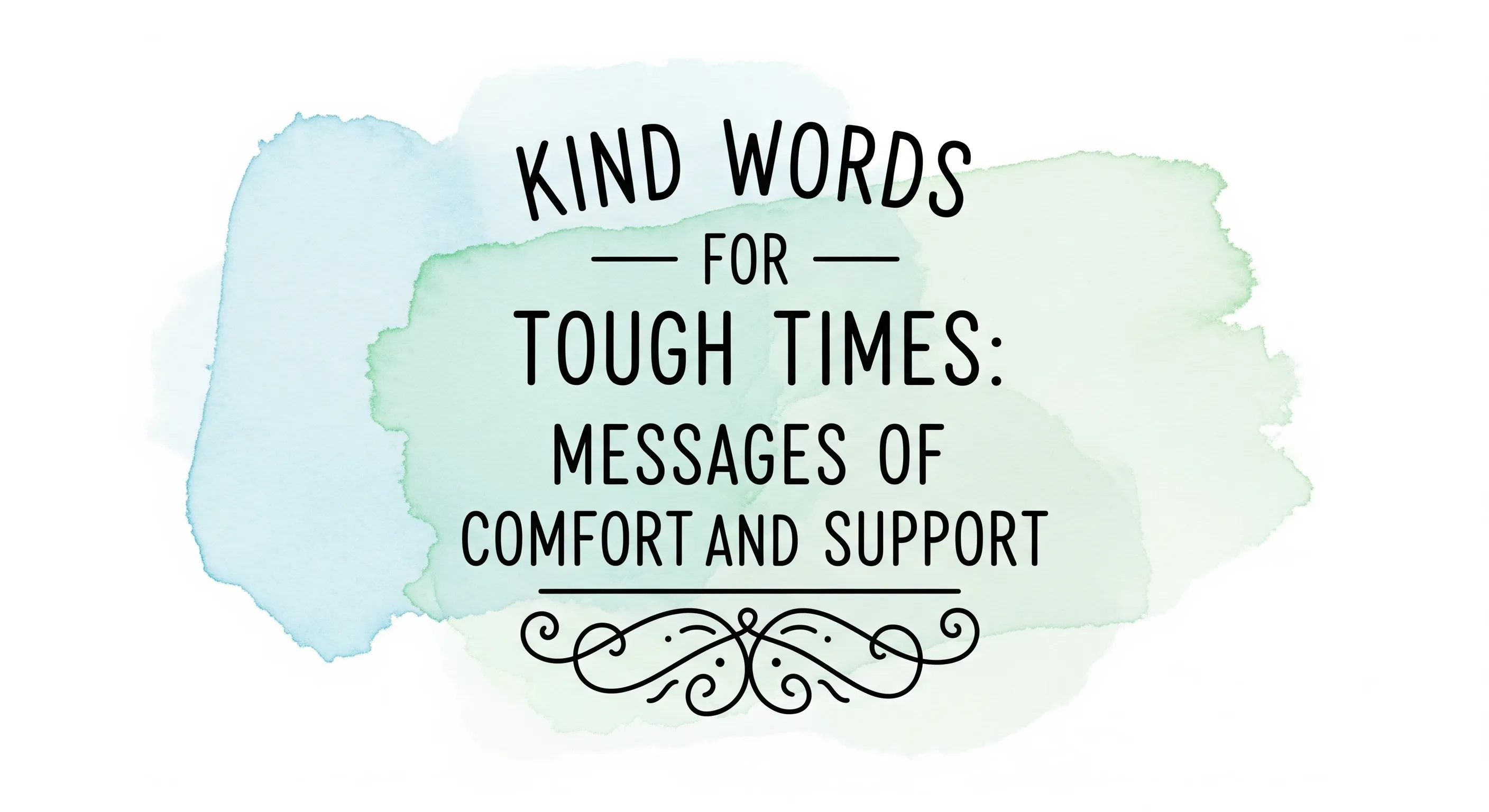With a Heavy Heart, I Learned of Your Loss. My Condolences.
In life, there are moments that leave us speechless, moments where words feel inadequate in the face of profound sorrow. Learning of someone's loss is undeniably one such moment. The phrase, "With a heavy heart, I learned of your loss. My condolences," carries significant weight, signaling genuine empathy and shared grief. This article aims to guide you in crafting and delivering heartfelt messages of condolence, ensuring your support is felt and appreciated during a time of immense pain.
General Wishes or Universal Ideas
When expressing condolences, starting with universal sentiments can convey a broad sense of sympathy and understanding for the pain of loss.
- "With a heavy heart, I learned of your loss. Please accept my deepest condolences during this incredibly difficult time."
- "My heart goes out to you and your family. I am so deeply sorry for your loss, and I share in your sorrow."
- "No words can truly ease the pain you are feeling, but please know that I am thinking of you and sending my heartfelt sympathies."
- "I am profoundly saddened to hear of your loss. May you find strength and comfort in the memories you shared."
- "Please accept my sincerest condolences. My thoughts are with you as you navigate through this period of grief."
- "In this time of immense sorrow, know that you are in my thoughts. I am so very sorry for your loss."
Messages for Colleagues / For Friends / Family
Tailoring your message to your relationship with the grieving person adds a personal touch and can make your condolences more impactful.
For Colleagues:
- "With a heavy heart, I learned of your loss, Name. My deepest condolences to you and your family. Please take all the time you need, and know that the team is here to support you in any way."
- "I am so incredibly sorry for your loss, Name. Please accept my heartfelt sympathies. If there's anything at all I can do to help with your work while you're away, please don't hesitate to ask."
- "My sincerest condolences, Name. We're all thinking of you at this difficult time. Please know we are here to support you upon your return."
- "With a heavy heart, I learned of your painful loss, Name. Please know that your colleagues are here for you. We share in your sorrow."
- "Sending you strength and peace, Name. My condolences on your profound loss. Take good care of yourself."
For Friends / Family:
- "My dearest Name, it was with a heavy heart that I learned of your loss. My deepest condolences. Deceased's Name was such a special person, and I will miss them dearly."
- "I am so incredibly heartbroken to hear of your loss, Name. My thoughts and love are with you. Please know I'm here for you, always."
- "With a heavy heart, I learned of this profound sorrow. My deepest sympathies to you and your family, Name. Deceased's Name will be greatly missed."
- "There are no adequate words, Name, but know that my heart is with yours. I am so deeply sorry for your loss. Please lean on me for anything."
- "My heartfelt condolences, Name. I will forever cherish the memories of Deceased's Name and the joy they brought. My thoughts are with you during this incredibly painful time."
- "With a heavy heart, I share in your grief, Name. Please accept my deepest sympathies, and remember that I am here to support you in any way you can imagine."
Formal Wishes
In professional or public settings, a formal tone that is respectful and empathetic is most appropriate.
- "It is with a heavy heart that we learned of your recent loss. Please accept our sincerest condolences during this period of immense grief."
- "On behalf of Organization/Group Name, we wish to express our deepest sympathies for your profound loss. Our thoughts are with you and your family."
- "We were saddened to learn of your bereavement. Please accept our heartfelt condolences and our assurance of support in this difficult time."
- "With a heavy heart, we extend our most profound sympathies. May you find solace and strength in the cherished memories of your loved one."
- "Please accept our formal condolences on the passing of Deceased's Name. Their legacy will be remembered, and our thoughts are with you."
Warm, Personal Wishes
These messages convey a deeper, more intimate level of sympathy, often referencing shared experiences or specific qualities of the deceased.
- "With a truly heavy heart, I learned of your loss, Name. I'll never forget specific memory of the deceased, e.g., their infectious laugh, their kindness. My thoughts are with you and your family."
- "I am so heartbroken for you, Name. Deceased's Name brought so much joy into the world, and their light will be deeply missed. My deepest condolences."
- "The news of your loss hit me with a heavy heart, Name. I'm so grateful for the moments I shared with Deceased's Name. Sending you all my love and strength."
- "Knowing how much Deceased's Name meant to you, my heart is truly heavy with this news, Name. My condolences and deepest sympathies are with you and your family."
- "With a heavy heart, I learned of this devastating loss. Deceased's Name touched so many lives, including mine. Please know I'm thinking of you and sending immense comfort."
Short Wishes
Sometimes, a brief yet poignant message is sufficient to convey your sympathy without overwhelming the grieving individual.
- "Heavy heart for your loss. My condolences."
- "So sorry for your loss. Deepest condolences."
- "With a heavy heart. Thinking of you."
- "My condolences. So very sorry."
- "Heartbroken for you. Sending sympathy."
- "Profoundly saddened. My condolences."
- "Learned of your loss. My deepest sympathies."
Expressing condolences is an essential act of human connection. The phrase "With a heavy heart, I learned of your loss. My condolences," serves as a sincere opening to a conversation of support and empathy. By choosing your words carefully and offering genuine presence—whether through a thoughtful message, a listening ear, or practical help—you can provide invaluable comfort to those navigating the profound pain of grief. Your acknowledgment of their sorrow, shared with a heavy heart, can be a crucial part of their healing journey.
Related Posts

Kind Words for Tough Times: Messages of Comfort and Support

Kind Words for Tough Times: Messages of Comfort and Support

Universal Well Wishes You Can Send Anytime

50 Short and Sweet Messages to Brighten Someone's Day

Heartfelt Thank You Notes for Baby Shower Gifts and Attendees
